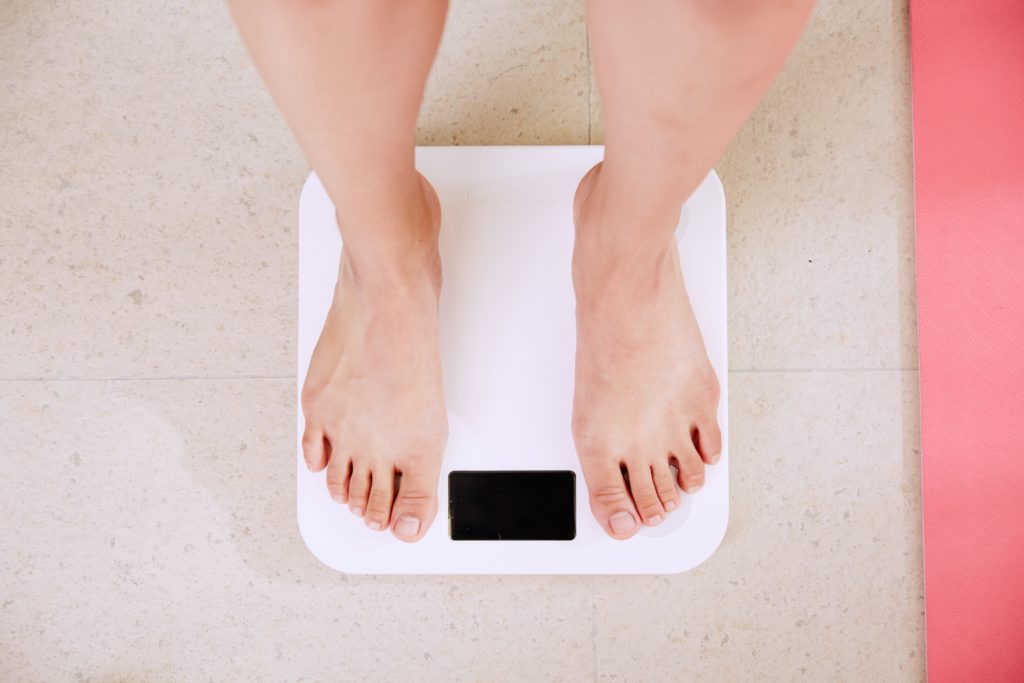Happy New Year!
Millions of people make New Year’s resolutions so the new year is a marketer’s dream come true because they can target people’s goals and increase their revenue.
I bet you’ve noticed that the new year brings with it mass quantities of marketing emails trying to get you to buy:
- diet plans
- gym memberships
- exercise equipment
- yearly planners
- organization/storage containers
- programs to help you increase your earnings and/or savings
- programs to help you stop a habit
- programs to help you live a healthier life
- programs to help you find love
- programs to help you find happiness
- programs to help you achieve your goals

The list goes on and on.
Do you make New Year’s resolutions or set New Year’s intentions? If so, what’s your success rate for fulfilling them?
Statistically, 88% of people fail at their New Year’s resolutions by the second week of February.
Yikes! The odds are definitely stacked against us.
Why is that?
I believe it’s because many people are chasing a “feeling” and they believe that a product or service will help them get it (and marketers know that!).
So, what’s the secret sauce to successfully sticking to your New Year’s resolutions or achieving your intentions?
You must know your “WHY”.
Let’s say your intention is to lose 25 pounds in the new year.

“Why? What will that get you?”
Grab your journal and write down all the reasons why you want to lose 25 pounds.
Your answers might be:
- I’ll improve my overall health and get my blood pressure into the normal range
- My body image will improve
- I’ll feel sexier and my sex drive will increase
- I’ll have more energy throughout the day
- I’ll be more active and motivated to exercise
- I’ll be able to fit into my favorite jeans again
- I’ll sleep better
Wow! Those are compelling “whys”!
Next, it’s important to look at what it will cost you if you don’t accomplish your desired intention.
World renown life coach, Tony Robbins, says,
“People will do more to avoid pain than they will do to gain pleasure.”
So, go back to your journal and answer this question:
“What will it cost me if I continue on the trajectory that I’m on and I don’t lose 25 pounds?”
Your answers might be:
- I’ll increase my risk for serious diseases such as diabetes, heart attack, stroke, sleep apnea, arthritis, kidney disease, cancer, etc.
- I could die too young and rob myself and my family the gift of sharing important life-events and the day-to-day joys of being there for one another
- I’ll have a poor body image and that will affect my willingness to interact with others and create close relationships
You get the picture, and it’s pretty grim, isn’t it? But doesn’t it also help you to create a strong “why”?

Your “why” has to be stronger than your “why not?”.
One of the textbooks that I read as part of my EGCM certification program requirements was, “The Slight Edge: Turning Simple Disciplines into Massive Success”, by Jeff Olson.
In it, he teaches a concept called the “compound effect”, which is making small daily habits that don’t seem like much in the moment, but over time their results add up like compound interest.
Let’s say you drink a soda every morning to give you caffeine to help you wake up and get you going. What if you decided to forgo the soda, and instead wake up 15 minutes earlier and take a short, brisk walk to help wake you up and to get your heart pumping a bit faster?

That wouldn’t make a big change for you in one day, but over the course of 365 days, that small new habit alone could result in you successfully losing 25 pounds over the next year!
Let’s say you fell off the wagon one day and overslept, so you didn’t have time for your walk and decided to drink a soda on your way to work. Would doing that just that one day have a negative effect on your overall progress?
Probably not.
BUT...if you allowed yourself to fall back into the habit of sleeping in and drinking your morning soda, the compound effect would probably be that you weren’t successful in losing the 25 pounds…and you would probably even gain more pounds over the course of the year.
Am I advising you to not buy the program, start the diet, or join the gym?
Absolutely not.

In fact, joining others in achieving common goals can give you added support and accountability, which can help you succeed in achieving your resolutions/intentions. I highly recommend you get additional support.
My intention is to help you make the internal shifts that are required for long term success in achieving and maintaining your desired intentions.
Remember, your “why” has to be bigger than your “why not”, and your small daily habits add up like compound interest over time to either take you to or away from your desired outcome.
Here’s to making it a successful week, one small decision at a time.

